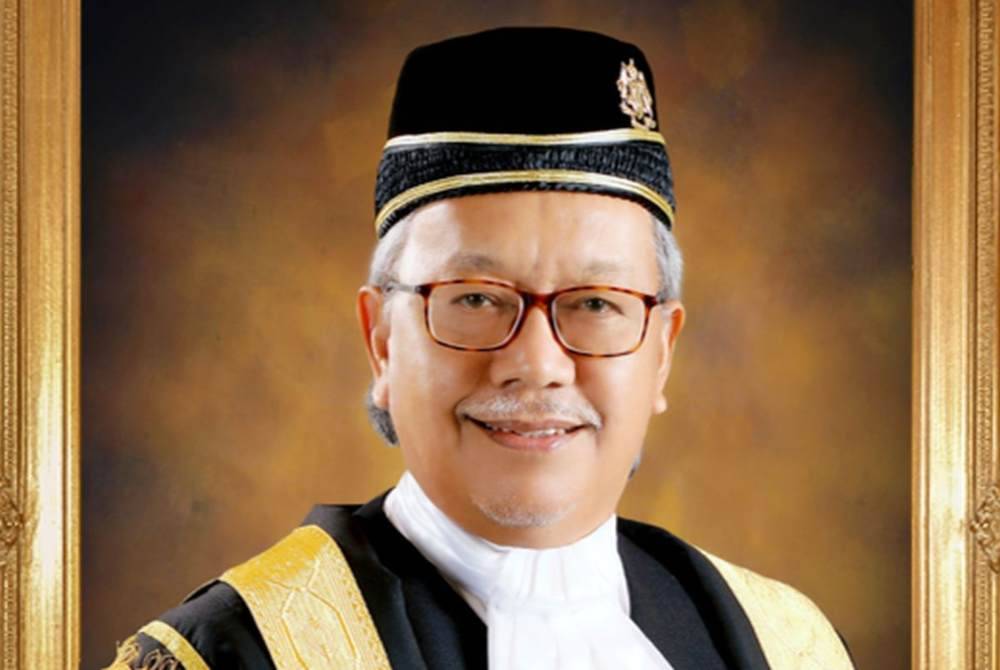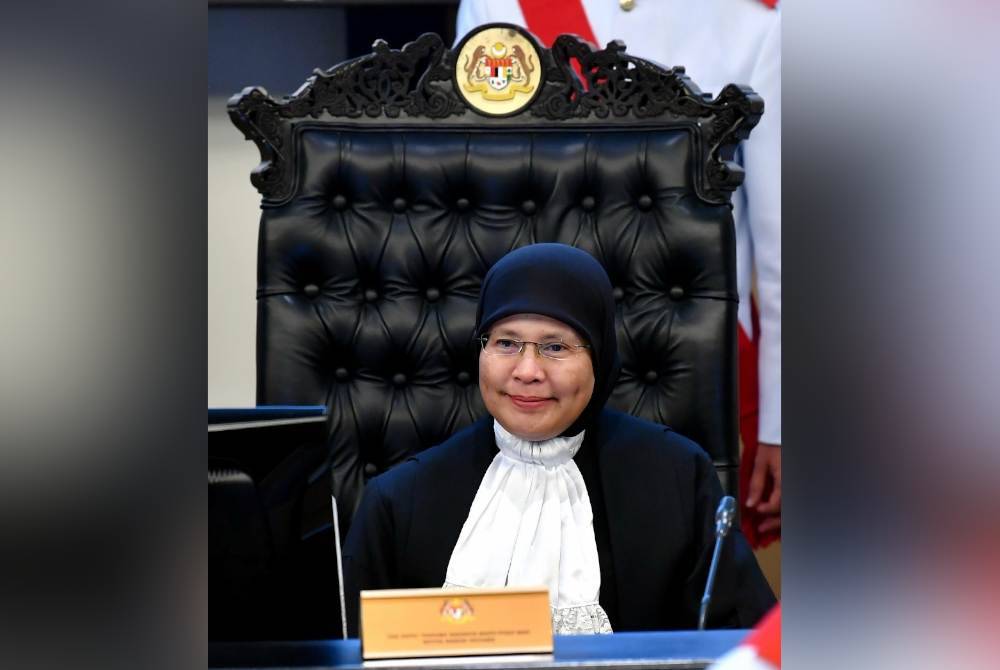SHAH ALAM – The nation's judiciary is heading for a major transition, with nine out of the country’s 14 top judges due to retire this year after reaching the mandatory retirement age of 66.
Among the four of the judiciary’s key figures set to retire were Chief Justice Tun Tengku Maimun Tuan Mat, Court of Appeal President Tan Sri Abang Iskandar Abang Hashim, Chief Judge of Malaya Datuk Seri Hasnah Mohammed Hashim and Chief Judge of Sabah and Sarawak Tan Sri Abdul Rahman Sebli.
All eyes are now on who will take over as Chief Justice, as Tun Tengku Maimun, the first woman to hold the post is expected to retire around mid-year.
A potential successor is Abang Iskandar, who will reach the mandatory retirement age for judges on July 1, but is expected to receive a six-month service extension from the Yang di-Pertuan Agong, according to a news portal source.


If appointed, Abang Iskandar who is currently the second most senior member of the judiciary, would become the first judge from Sarawak to hold the highest judicial office.
Article 125 of the Federal Constitution states that superior court judges shall serve until the age of 66, but their tenure could be extended by up to six months by the Yang di-Pertuan Agong.
It is understood that newly appointed Federal Court Judge Tan Sri Ahmad Terrirudin Salleh, 57, is the leading candidate to succeed Abang Iskandar as the Court of Appeal President.
Meanwhile, lawyer Surendra Ananth said the selection process for the Chief Justice involved more than just academic qualifications or years of experience, it also required strong leadership qualities.
He noted that the official criteria for the appointment would be determined by the Judicial Appointments Commission (JAC), but he believed leadership would be the key consideration.
This, he said was because the Chief Justice serves as a reference point for other judges.
"Everyone is eagerly awaiting the name of the candidate who would be replacing Tengku Maimun, who will be recommended by the JAC to the Prime Minister, in accordance with the Judicial Appointments Commission Act 2009," he said.
Further commenting on Tengku Maimun’s legacy, Surendra described her as a symbol of judicial independence and the Federal Constitution.
He emphasised that a judge must set aside personal views outside the courtroom and base their decisions on existing law.
"It is never easy to rule on any case, especially those involving sensitive issues like politics and religion.
"Tengku Maimun has always decided sensitive cases based on the Federal Constitution and the law, even when facing accusations and slander," he said.
For Surendra, Tengku Maimun has set a "gold standard" for future Chief Justices, that the principles of justice and judicial independence must be upheld at all costs.
Meanwhile, lawyer Fahri Azzat supported Tengku Maimun’s stance that political interference should not play a role in the appointment of the Chief Justice.
He added that this applied to other key positions as well, especially if the roles of Attorney General and Public Prosecutor were eventually separated.
He said the selection process for Tengku Maimun’s successor would draw widespread attention, as the chosen figure would be scrutinised in every case they presided over.
Therefore, he said, high level of integrity was a crucial criterion in choosing the next Chief Justice.
He noted that the role should go to someone with extensive judicial experience and who commands respect from both judges and lawyers alike.
"The next appointment should ideally come from among judges who have long served in the Federal Court.
"Choosing someone from the Federal Court bench is the best option to ensure the harmony and credibility of the judiciary.
"This is because their service should be based on merit, not political manoeuvring," he said.

